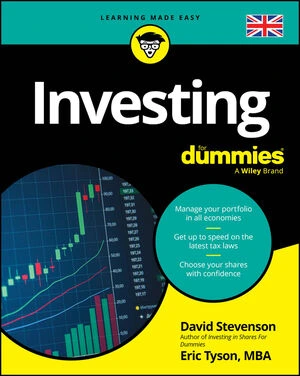If you're seeking to boost income from your portfolio with a relatively low-risk strategy, then covered call writing is worth considering. You won't lose money if you write covered calls in a disciplined way. However, this approach does come with one risk: You may be forced to sell your asset — at a profit.
When you write a covered call, you receive income in the form of the premium (paid by the option buyer). However, in exchange, you have an obligation: You may be required to sell your stock (or whatever the underlying asset may be) at a prearranged price.
If you're going to be forced to do something, then it might as well be at a profit, right? Having a stock you own at $48, seeing the option exercised, and selling your stock at a strike price of $50 is a risk, but what the heck! You made money!
When you write a covered call, you're speculating that the market price of the underlying asset won't go to (or exceed) the strike price during the time frame that the call option is active. The strategy is technically bearish, even though you may be bullish for the long term for your asset. Basically, you're only bearish during the time the call option is in effect.
Doing (writing) a covered call can also be considered a form of hedging, which is effectively a short-term bet on the near-term future of the asset's market price.
If a stock that you wrote a covered call on does indeed get called (the call option is exercised), then don't fret. If you really like the stock, consider writing a put option. A put option would obligate you to buy the underlying stock. But let's face it: Is buying really an obligation if you want the stock back? Many speculators do this tandem of writing a covered call and then immediately writing a put after seeing their covered call exercised.






